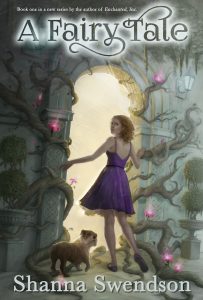writing
Lazy Work Time
I’m in the early phase of a book, when I’m still kind of finding my way, figuring out the specifics behind a vague sentence in the proposal. I felt like I ran into a brick wall yesterday, where I wasn’t at all sure what should come next. When I immediately became quite distracted, I figured I knew what was up: my brain was trying to solve the problem and was getting me out of the way.
I woke up this morning with a partial solution. We had a good cold snap, so it was my first night of the season to get to sleep under the real comforter (instead of the knitted lace blanket or the light down throw) and wake up feeling warm and snuggly while it was cool outside, so I let myself lie in bed to enjoy it. That was when I found myself rewinding in the book and finding the spots I needed to tweak to set up what happened next. I’m still not exactly sure what happens next, but that may come to me once I go back and fix things. The things I need to fix are worldbuilding issues and how they intersect with the characters and story, so once I get my world clear, I think everything else will come together better.
So, all that lazing about this morning was really work time. Considering that I actually had narrative in my head that I now just need to transcribe, I don’t think that’s even a stretch or a rationalization.
And that’s why this job is awesome. I can get some really productive stuff done while snuggled under the comforter. Next, I’m going to take a cup of tea onto the patio to write out my revised outline and make sure it still makes sense now that I’m fully conscious.

